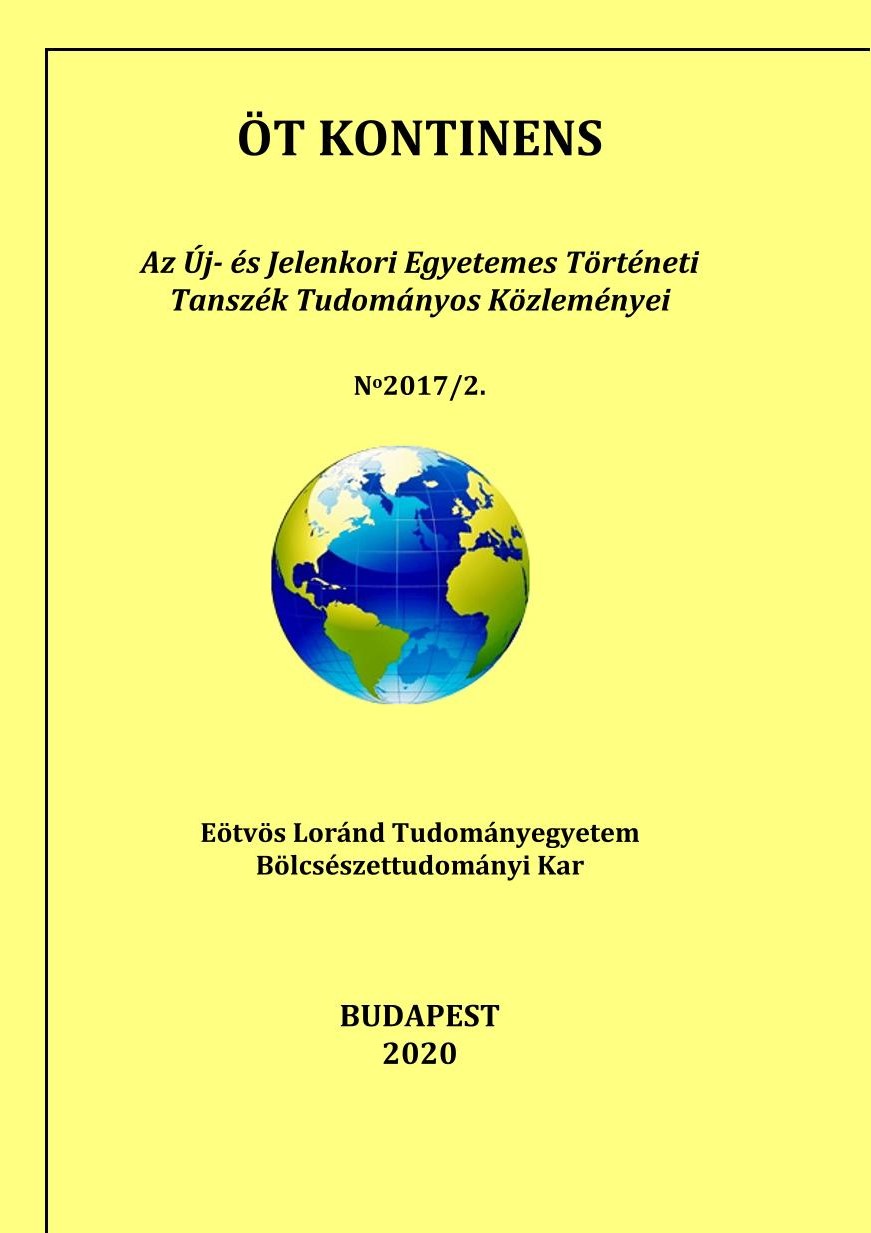Az egyesült Európa – történelmi gyökerek
United Europe - historical roots
Author(s): Csilla DömőkSubject(s): Cultural history, Political history, 17th Century, 18th Century, 19th Century, Present Times (2010 - today), History of European Union, Politics and Identity
Published by: Eötvös Loránd Tudományegyetem, Új-és Jelenkori Egyetemes Történeti Tanszék
Keywords: European culture; identity; the concept of united Europe; global-state; common affairs;
Summary/Abstract: As all the victorious political concept, the concept of united Europe is diffuse. As a notion, it lacks strict definition, since its content is inexhaustible. Interpretations can be numerous and it offers different opinions which are not compatible with each other. The concept of Europe is against the status-quo of the nation-state, against dissipation, separation, against national egotism and antagonism, against the pursuit of autarky and hegemony. The elimination of these problems are desirable on the other side of the nation-state horizon. This is how the concept of the united Europe connects to the concept of global citizenship. Cosmopolitan features can also be traced in this process. It is not by mistake that Shiller’s Ode to Joy („Ode an die Freude”), which is about making all the people brothers and sisters, is the official hymn of Europe, setting to music by Beethoven.
Journal: ÖT KONTINENS
- Issue Year: 2017
- Issue No: 2
- Page Range: 165-176
- Page Count: 12
- Language: Hungarian

